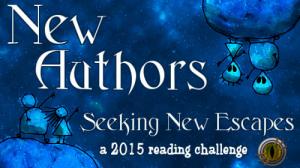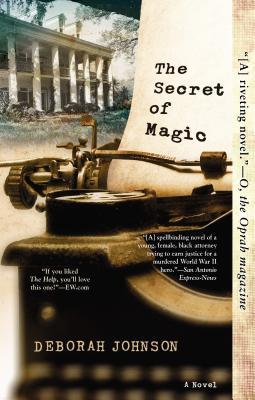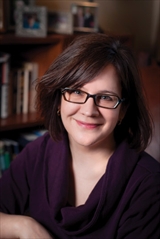Source: Public Library
Audiobook, 10 hrs.
I am an Amazon Affiliate
The Trigger: Hunting the Assassin Who Brought the World to War by Tim Butcher, narrated by Gerard Doyle, is a mixture of travelogue and a sort-of-biography of Gavrillo Princip, the man who killed Archduke Franz Ferdinand and set the wheels in motion for World War I. Princip has been considered a radical in many texts, but Butcher seeks to remedy that image and bring to life a more rounded view of the assassin, who eagerly sought the unification of the Slav people in a single nation of their own.
Butcher travels as Princip had traveled from his days growing up and in school and until he joins a group aimed at creating a unified nation free from foreign rule. Moving from the feudal frontier village of his birth through the mountains in the northern Balkans to Belgrade and Sarajevo where Ferdinand was murdered. While the story of Princip is engaging, the constant reflections on Butcher’s life as a war reporter in the 1990s during a more modern war in Bosnia draws parallels while pulling readers out of the story about the assassin. Butcher meets some well-meaning people on his journey and some have no information about Princip, while others have pre-formed perceptions of the teen.
Doyle does an excellent job narrating and maintains the readers attention with his inflections and enthusiasm for the subject. Butcher’s reminiscences about growing up in Britain after WWI and reporting on modern war are distracting. The most interesting parts of the story are obscured by the travelogue for the most part and could have been reduced significantly to ensure the history shines through. Readers interested in the history of the region and why Princip assassinated Ferdinand would be better served by another account of the man’s actions. The Trigger: Hunting the Assassin Who Brought the World to War by Tim Butcher, narrated by Gerard Doyle, takes too much time outlining the travels of Butcher and his past, focusing merely one-third on Princip, how he was shaped, and why he assassinated the archduke.





 About the Author:
About the Author:


 About the Author:
About the Author:


